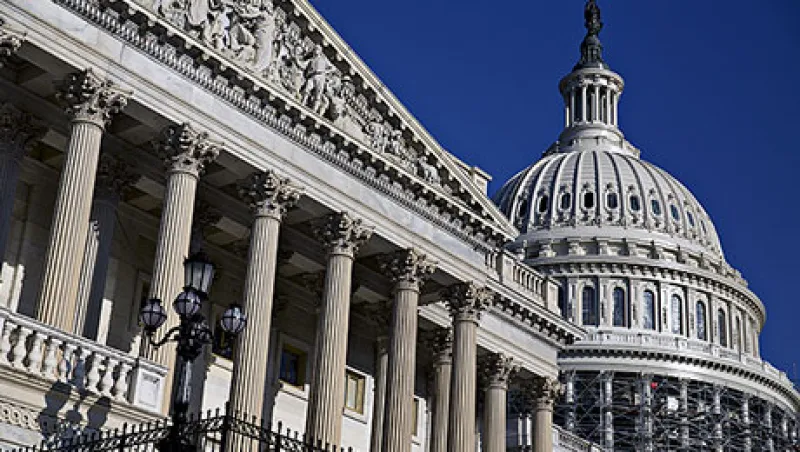
Retirement Enhancement and Savings Act Passes Its First Hurdle
RESA, a new bipartisan bill, could boost retirement security for million of small business workers in the U.S.
Frances Denmark
November 23, 2016


